Potential for creativity and innovation
We have entered the days of college graduation — of erudite speeches given by those we deem to be successful in life. And I have come to realize the best speeches are not those that outline outward achievements of life, but rather those that inspire us by providing insights on how we live our everyday lives. The idea that we all have the potential to live lives of creativity and innovation was underlined for me in a commencement speech given on May 17, 2015 at Ithaca College by alumna and Olympian Meghan Musnicki.
Musnicki is a 32-year-old rower who, with her team, won the Olympic gold medal at the 2012 Summer Olympics in London. Now you might ask what a 32-year-old woman who herself has just passed the starting line of adult life might have to teach us. Plenty. This young speaker achieved what you don’t often experience at a college graduation — the full attention and engagement of both the college graduates and their families and friends.
How do you live a creative and innovative life? Well, you can start by reading Musnicki’s four challenges. The first is to set goals. We have all heard that one. And… be willing to change them. The Olympian used a trapeze swing as a metaphor for different opportunities presented in life. Most of the time, she said, “we hang on to our current trapeze for dear life, comforted by its steady, predictable state of swing.”
But often times as we are swinging along we see up in the distance another bar swinging toward us. It is empty, full of potential and calling our name, but we realize in order to get to the bar we are faced with the often terrifying realization that we must go off our current bar, and travel through the unknown.
This is risky. We are in danger of losing control. But just think about the possibilities — what can happen if you jump.

Meghan Musnicki
“It is imperative to find something to be grateful for if you want to continue to move forward.”
Sometimes the jump leads to success. And we always hear about those jumps. But the jump can also lead to failure. Failure, rather “failing forward” is Musnicki’s second challenge. Yes, we will all fail. But it isn’t the failure we should focus upon. Rather, it is what we learn from our failures. Failures aren’t failures, they are valuable lessons to provide feedback on what works and what doesn’t. It gives us information to “go back and try again.” Pursue your passions and you will often fail, but you will never know what you might have achieved if you never try.
Only those who risk going too far can possibly find out how far one can go. — T.S. Eliot
Musnicki’s third challenge is to exercise. Totally expected from an Olympic super athelete, right? Not quite. She challenges us to exercise our gratitude muscle. What does that mean? Unlike taking risks, gratitude is a feeling over which we have complete control. It can alter our perspective on life itself, and gives us enormous freedom. Musnicki believes the potential for gratitude exists in every situation we encounter in life. It is just trusting the truth of such an assertion that can be difficult. Depressed about the rain? Be thankful because “There are people living through droughts and starving because there isn’t enough water to sustain life.”
The fourth and final challenge, “the hardest for me,” she says, is to be in the present moment. She urges us all not to rush through life, “wanting to get to the next extraordinary moment,” because life isn’t about the extraordinary moments, it is about the events that occur between extraordinary moments that make up life. And these ordinary moments provide us all with the potential to lead creative and innovative lives because we aren’t living our lives waiting for life to begin. To underline her point, Musnicki asked a stadium of graduates, their families and friends, to be in the moment for 30 seconds. Yes, she asked her audience to sit in silence for 30 seconds and experience the moment of graduation day: the smells, the sun, those friends sitting around them, the feel of the gown, the significance of that moment of the day. Risky, I thought, waiting for the shenanigans of restless 22 year olds to begin.
Well, there was silence, complete silence for 30 seconds. Evidence in my mind that she had truly made her mark on graduation day, 2015, at Ithaca College.

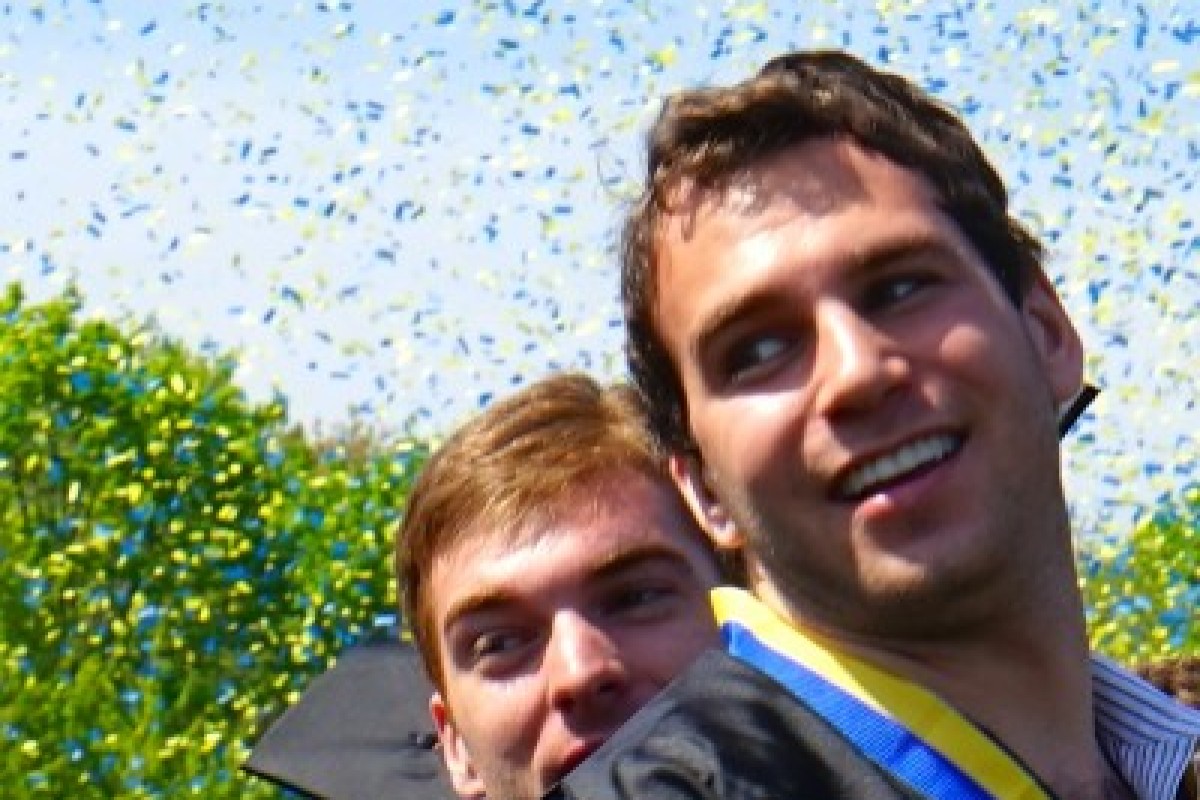
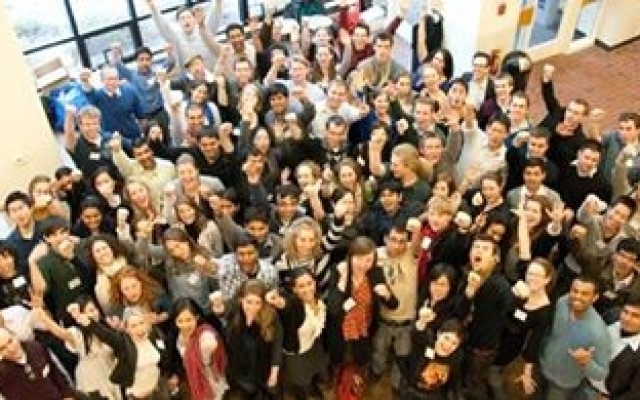
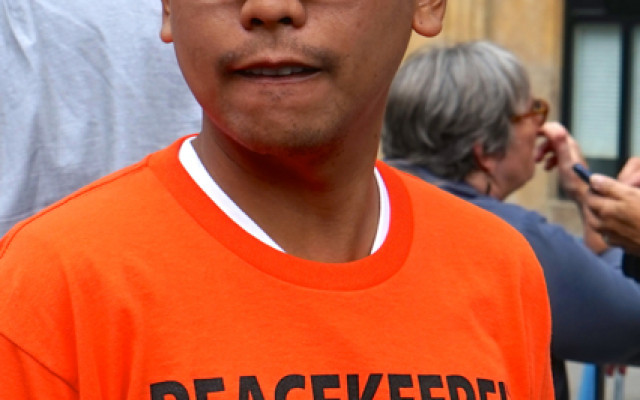
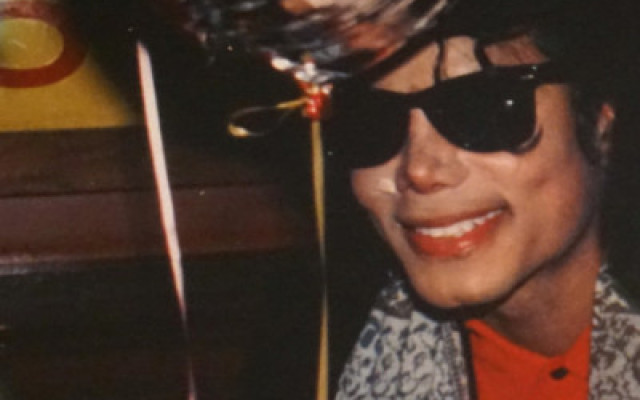






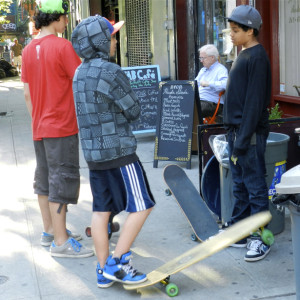
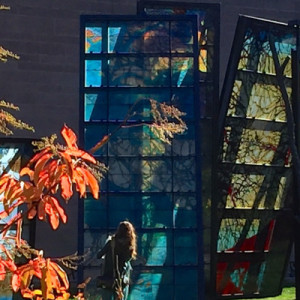
I was deeply inspired by this speech, and thought that these challenges were a unique and different way of approaching the next chapter in life after graduation- let the unknown take you.
Yes . This speech is relevant at any or all commencement occasions.